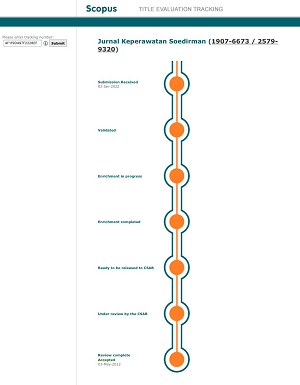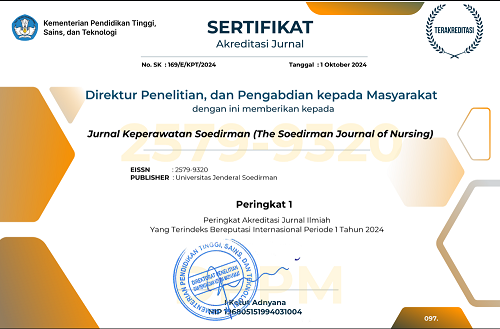Risk Factor Profile and Role of Cardiovascular Disease Outreach Program by Experts in Rural Communities: A Pilot Study in Magetan Regency, Indonesia
Abstract
Cardiovascular outreach programs and risk factors profiling have been regarded as key strategy in preventing and controlling cardiovascular diseases as the leading global causes of death worldwide, especially when being conducted by a professional. This pilot study aims to evaluate the effectiveness of a cardiovascular outreach program in Plaosan District, Magetan Regency, to improve knowledge and influence changes in the community’s behavior related to cardiovascular risk factors. This study was conducted by providing educational interventions and profiling cardiovascular risk factors on 90 adults using consecutive sampling method. Health education was performed by experts and evaluated by pre-post tests before and after the material delivery. Statistical analysis was used to assess the relationship of risk factors that can contribute to cardiovascular disease. This study showed a significant increase in the participants' knowledge score after the intervention (p = 0.007). There were several risk factors for cardiovascular disease in the participants, with the highest risk prevalence being diabetes mellitus (33.33%). Six participants (6.67%) had abnormal electrocardiography results. In conclusion, our study showed a high prevalence of cardiovascular risk factors in rural communities and the importance of cardiovascular outreach programs by experts to improve the understanding of cardiovascular disease in a specific community.







.png)




_3.png)

 Kampus keperawatan unsoed
Kampus keperawatan unsoed  Published By Jurusan Keperawatan FIKES UNSOED
Published By Jurusan Keperawatan FIKES UNSOED jks@unsoed.ac.id
jks@unsoed.ac.id

